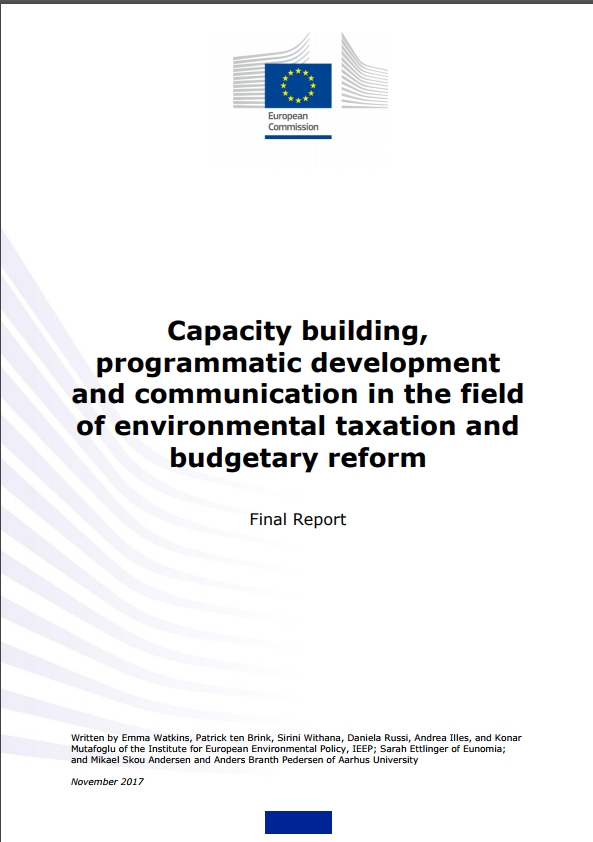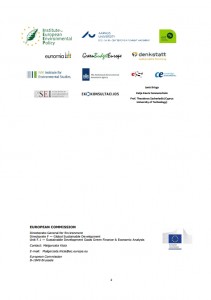
Through an analysis of 40 case studies on individual instruments, the study highlights the growing experience with the use of environmental taxes and charges across the EU in recent years, related to: air pollution; water stress; waste, resources and circular economy; water quality and marine litter; and biodiversity & land use.
It looks in particular at the roles that civil society organisations (including NGOs, think tanks and academia) can – and do – play in environmental tax reform. This ranges from the initial stages of problem identification and policy formulation, through decision-making and policy implementation, to monitoring and evaluation.
- ETR and Civil Society Executive Summary November 2017 Final sent.pdf
- ETR and Civil Society Final Report 191217 FINAL.pdf
- ETR Instruments Inventory – for publication.xlsx
